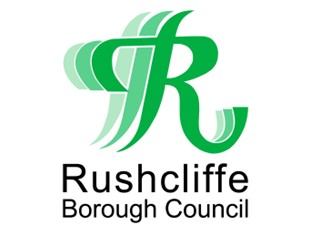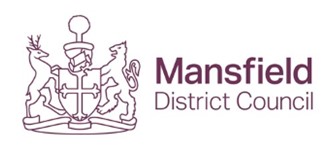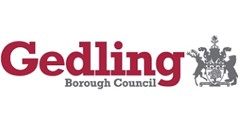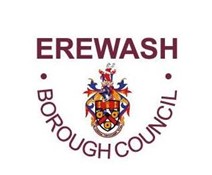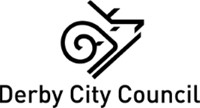Supporting businesses across the East Midlands to develop new ideas and products, as well as to cut their carbon footprint, has earned the University of Derby a high ranking in a key national measure of how higher education contributes to society.
The Knowledge Exchange Framework (KEF), overseen by UK Research and Innovation (UKRI), looks at a diverse range of activities that universities undertake in their communities and regions. The data from UKRI’s assessment of this work is available on KEF’s interactive and detailed new website.
The University of Derby has been placed in the top ten per cent of universities in two key categories: ‘Local Growth and Regeneration’ and ‘Working with Business’.
Over the past five years, the University has been focused on delivering its Local Growth Strategy, including initiatives such as Invest to Grow, which offers companies grants and loans of up to £250,000 to innovate, grow and create jobs and the DE-Carbonise scheme, offering low carbon technology expertise to businesses.
Both these schemes have been supported by European funding allocated to the D2N2 Local Enterprise Partnership.
Long-term collaborative relationships
Professor Warren Manning, Provost – Innovation and Research, said: “KEF is a hugely important measure of a university’s impact and is a chance to showcase the extent of our support for the economic, social and cultural life of our community and region.
“As the only university in Derby and Derbyshire, we relish the civic responsibility this entails and the opportunity it gives us to develop long-term collaborative relationships with businesses, our regional funding and support agencies, and government.
“It gives businesses the chance to benefit not only from the funding we can provide access to, but also from the resources and expertise we can offer to support research and development which helps to make our business community more competitive and our region more prosperous.”
The University’s specialism in the transport and automotive industry has seen the development of the Rail Research and Innovation Centre and the Enscite project, supported by the D2N2 LEP’s Local Growth Fund and European Fund allocation.
Professor Manning added: “As we move from a very challenging 12 months for us all, we can focus on an exciting year ahead at Derby as we develop the new Facility for Omics Research in Metabolism (FORM), with support from the D2N2 Local Enterprise Partnership, which will enable to us to work more closely with local companies in the growing biomedical sector.
“We are working closely with the City Council and our strategic partners on Derby’s economic recovery plans, and have endorsed the city’s ambitions to become a centre for future fuels technology.
“The University aims to make a positive impact in our region, as well as to open doors and to promote social mobility. To achieve all those things, we are continually exploring and opening up new opportunities to bring lasting prosperity and wellbeing to our community and our region.”
For more information about the University’s contribution to business and the community, visit their Knowledge Exchange Framework website.












